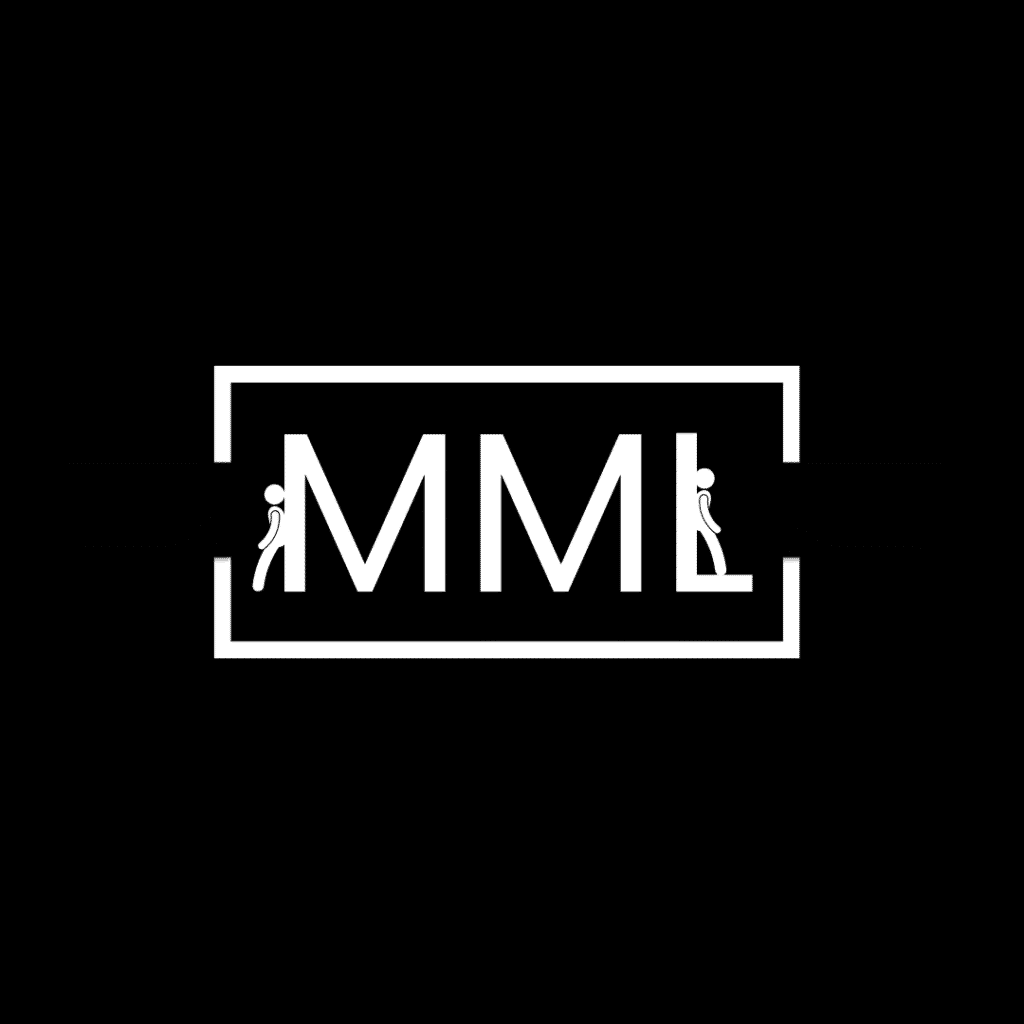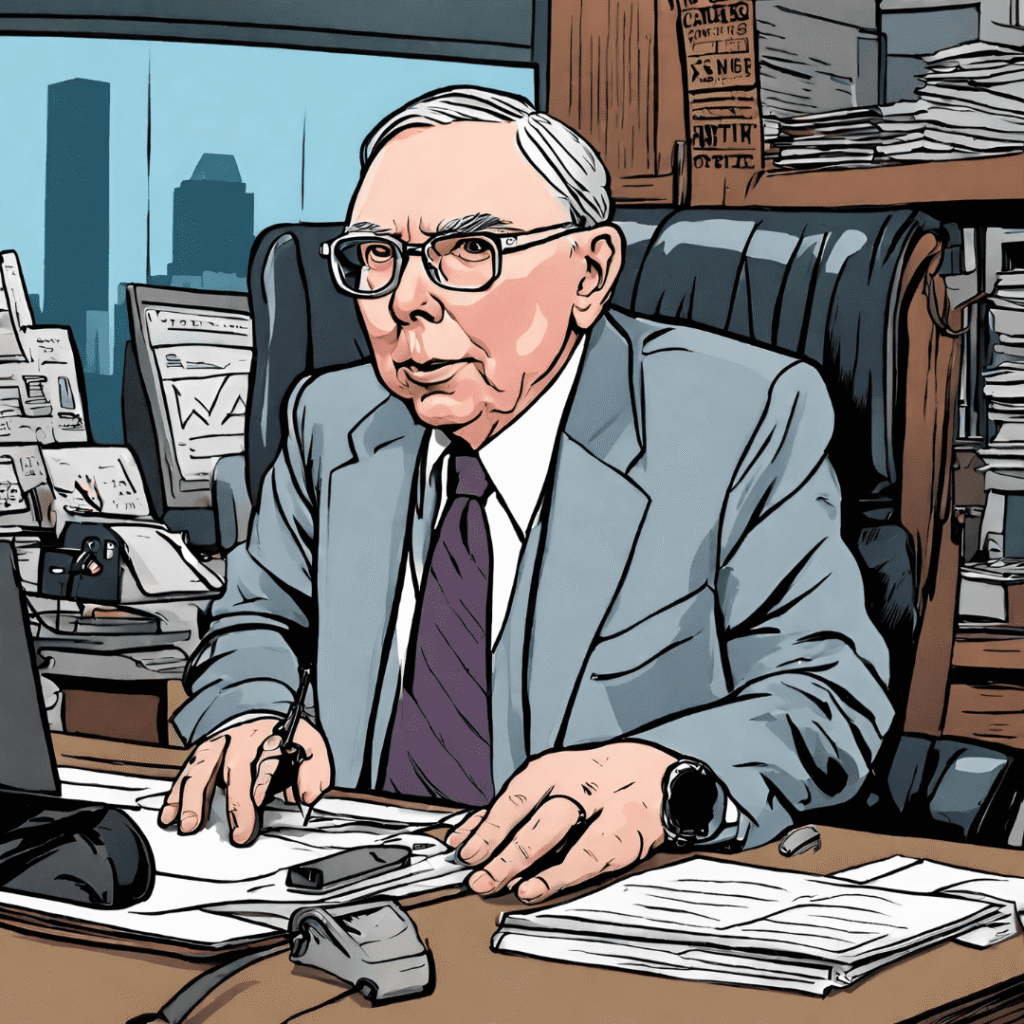What gives you direction in life?
Direction in life is something that I have struggled with from my teenage years to my mid-20s.
How do you work out what you should be doing?
Looking back on your childhood is always a great way of working out the elements in your life that will remain consistent.
Whenever I reflect on my childhood, I realise that I was always the type of person who enjoyed expressing himself through movement, music, singing, art, and writing.
I also enjoyed leading others into activities, and it was probably some adverse childhood experiences that made me retreat into my shell.
How Do Childhood Passions Provide You Clues?
Your childhood could hold the key to working out your place in the world.
When you’re a child (unless your childhood was full of pain and trauma) you are unfettered – and often aren’t weighed down by life and its responsibilities.
A Key Question
A question that you should ask yourself when you are thinking about your place in the world, and about the future you ought to travel towards, is:
“What brought you joy and intense focus?”
I was not obsessed with video games, football, pogs, etc when I was a child.
I used to spend a lot of my spare time reading and listening to books, writing short stories, exploring and walking through the woods.
Other things that I enjoyed doing included watching snooker, playing squash competitively, playing with model train sets, listening to relaxing music and even watching shows such as Question Time and Have I Got News for You.
I was always someone with an intellectual interest, but always happy, confident and positive.
Life and How it Can Lead You Astray
Your teenage years either crystalise what you want to do, or they can pull you off course. In my case, I found that I got more confused in terms of the person that I was, and I became somewhat overwhelmed with responsibilities.
I went to a selective school called Forest School, and although I know that it brought me many opportunities (read about my experiences here), the sheer workload made me spend less time doing things I was passionate about: I stopped playing squash, read and listened to fewer and fewer books, became lost in textbooks and studying, and sometimes lost sense of who I was.
I remember once pretending to feel ill so that my mum would collect me from an after-school choir event, so I could fit in enough study time to complete my work for the next day.
The Challenges and Distractions of Teenage Years
There is no doubt too that as the teenage years become a time for change and development, it can be a difficult time.
This pressure to be better than others (or even to keep up), look cool in front of your peers, make everything look effortless even though you’re working hard, and maintain a social life are all things that pile burdens on us.
In this age of technological feudalism and the inevitable rise of intelligent machines, it has become spectacularly challenging to be a young person – young people have every right to be dismayed.
Other Distractions
When you are in your late teens and twenties, there are so many other distractions which can lead you away from your purpose.
These can include your social life, dating, addictions to substances or other vices, like excessive gaming or binge-watching TV shows.
It’s easy to get caught up in the whirlwind of youthful energy and the desire for instant gratification. Responsibilities may seem distant, and the pressure to excel in your career or pursue your passions might take a backseat to more immediate pleasures.
It’s a crucial time for self-discovery, but it can also be a period of wandering off course.
Without a clear sense of purpose or direction, it’s all too easy to succumb to these distractions and lose sight of your long-term goals.
Your Ideals Need to Align with Your Direction
As you look back on your childhood, you may start to understand the essence of who you are.
What are your ideals, values, and interests?
Your direction in life should be aligned with these.
How do you want to make a difference and make the world a better place?
I work in education now, and this path has allowed me to align my ideals, values and interests perfectly with my career direction.
I realise that every time I talk about teaching, and helping young people improve their confidence and reach their goals, I believe wholeheartedly in the path I have taken and the value our business delivers to the market.
Conclusion
Life is certainly not a straight line to success and purpose. It is often a difficult road full of barriers, detours and challenges.
In those moments when you feel lost, it can be informative to look back on the road behind you. What were you like when you were younger?
These reflections on the past can be the guiding light in difficult times, and provide you some direction for your future.


